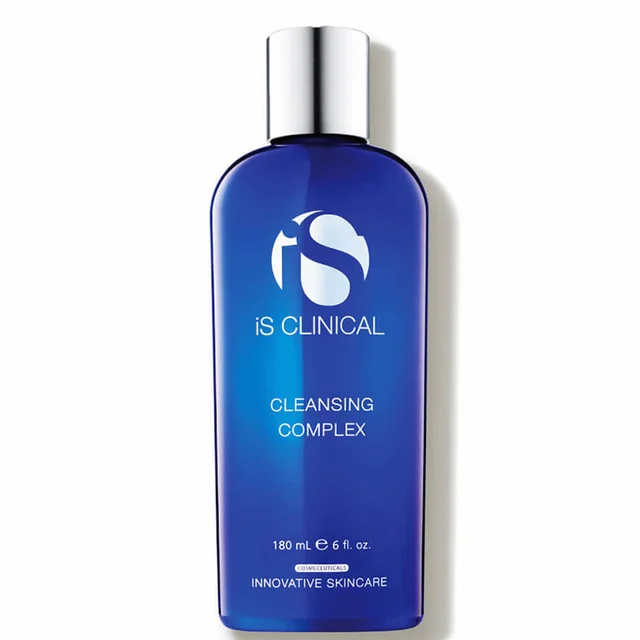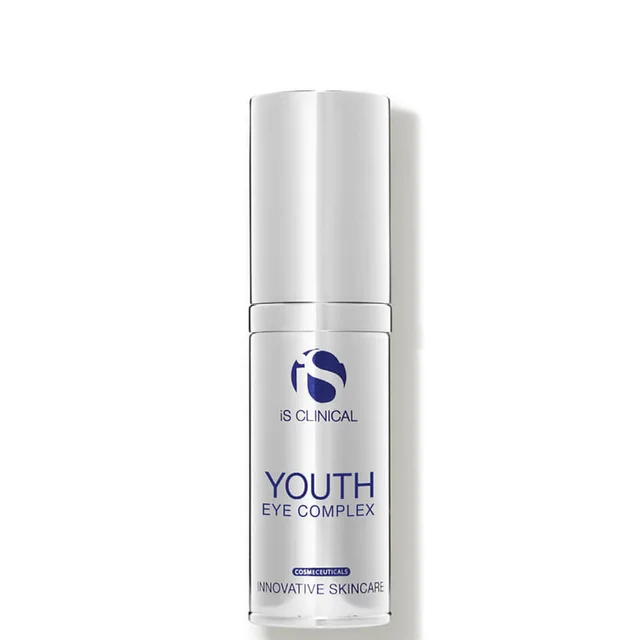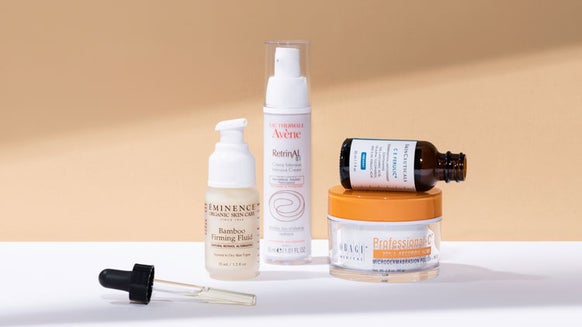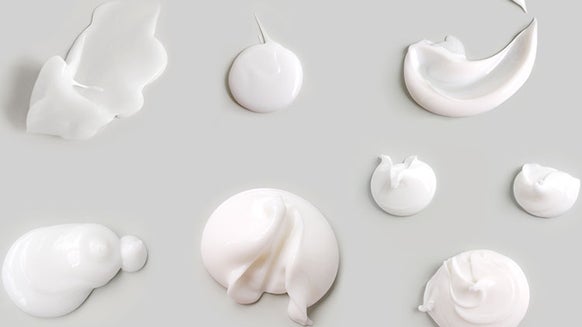Pharmaceutical Grade vs. Cosmetic Grade Ingredients: What’s the Difference?
Not all products are created equal. Some products are inexpensive, but also ineffective. Others may cost more, and do more. However, the difference between the two doesn’t simply lie in price and, in fact, a high price can often be deceiving.
Pharmaceutical vs. Cosmetic vs. Cosmeceutical—What Do They Mean?
Pharmaceutical products are regulated as drugs—their ingredients must be pure, undiluted, conform to what is claimed and lack impurities. Cosmetic-grade products, commonly purchased at your local drugstore or department store, are not held to the same standard. The FDA regulates all cosmetics as foods and defines all skin care products as cosmetics. Just as one can choose to purchase foods of very different quality, one may also buy skin care products of superior quality or of much lesser quality. Cosmetic-grade products may be made with ingredients that are very non-pure, may contain numerous filler ingredients and offer minimal effectiveness.
During the last two decades, a third grade, the hybrid designation “cosmeceutical,” was coined, indicating a quality and effectiveness range somewhere between cosmetic and pharmaceutical. This class of products is not recognized by the FDA and is regulated along with all other cosmetics. Within the skin care industry, cosmeceuticals are believed to perform better than the average cosmetic. Unfortunately, there is vast variability in the quality found within this product group.
Which Type of Ingredients Are in Your Products?
Much of the policing of skin care product quality lies with product manufacturers themselves. Manufacturers can choose to buy the best ingredients available or choose low-cost grades. Selecting cheaper ingredients allows the manufacturer to make a greater profit, usually without the benefit of their customers seeing greater change.
On the other hand, select skin care manufacturers purchase the same quality of ingredients—pharmaceutical-grade—that are used in medicines. These are the most expensive available. In addition to price, the regulatory requirements for the raw materials used and their ability to affect real change in your skin sets these ingredients apart.
How do you know that you’re truly getting pharmaceutical-grade materials in the skin care products you purchase? Well, ingredient manufacturers must provide a certificate of analysis from a qualified laboratory or their own quality-assurance department that verifies the exact composition of the material found when the ingredient was placed in a mass spectrometer, a chemical scale of sorts that provides valuable information about the contents of any substance. These certificates of analysis are provided by the manufacturer of the individual ingredient to the skin care product manufacturer.
Scientifically speaking, it is impossible to hide ingredient contents from a mass spectrometer. The exact contents of any substance, the presence of any unwanted or contaminating substances, and whether the percentage of raw material found is different from what a manufacturer has claimed will all be revealed.
On the other hand, manufacturers of cosmetic-grade ingredients are not required to verify ingredient quality, percentage or total content. Since no proof is necessary, their costs—and the product’s effectiveness—are lower.
However, this doesn’t mean your costs are lower. Many of the highest-priced skin care products contain only cosmetic-grade ingredients, just like their less expensive counterparts.
The best skin care manufacturers incorporate pharmaceutical-grade ingredients and proudly state it on their product labeling. If you want your skin care products to effect real change, then you should consider changing your skin care choices to pharmaceutical-grade products.

From the latest hair and makeup trends to the best solutions for your skin issues, we've got all your beauty concerns covered!












